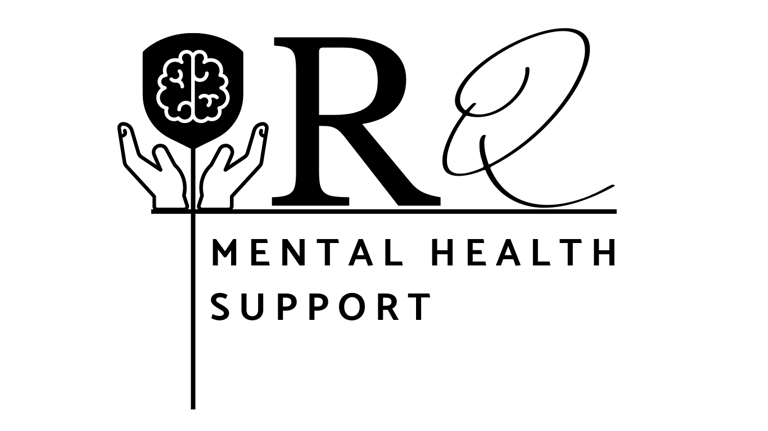Navigating Emotional Pain: Strategies for Dealing with Hurt from Others
Understanding Emotional Pain Emotional pain is a profound experience that often arises from interpersonal relationships. When people we care about inflict hurt, it can leave deep psychological scars. This pain may stem from betrayal, abandonment, or even unkind comments that erode our self-esteem. Learning how to handle such emotional turmoil is crucial for maintaining mental well-being and strengthening our resilience against future hurt.
PAIN
Rizwan Quazi
12/20/20242 min read


Understanding Emotional Pain
Emotional pain is a profound experience that often arises from interpersonal relationships. When people we care about inflict hurt, it can leave deep psychological scars. This pain may stem from betrayal, abandonment, or even unkind comments that erode our self-esteem. Learning how to handle such emotional turmoil is crucial for maintaining mental well-being and strengthening our resilience against future hurt.
Recognizing the Source of Pain
Before addressing emotional pain, it’s important to pinpoint its source. This involves introspection to discern whether the hurt is a result of a one-time incident or a pattern of behavior. Identifying the instigator — be it a friend, family member, or colleague — can help clarify the next steps in managing your feelings. Acknowledging the impact of their actions is vital for your personal healing journey.
Developing Coping Strategies
Once you've recognized the source of your emotional pain, it’s time to develop strategies to cope. Here are a few methods to consider:
Open Communication: Often, individuals do not realize the extent of their impact on others. Having an open and honest conversation about how their actions affect you can sometimes lead to resolution and mutual understanding.
Setting Boundaries: Learning to set boundaries is essential for protecting yourself from further hurt. Determine what is acceptable behavior and communicate these limits clearly to those around you.
Practice Self-Care: Engaging in self-care activities can help alleviate the effects of emotional pain. This includes pursuing hobbies, exercising, meditating, or spending time with supportive friends and family. Prioritizing your mental health benefits your overall well-being.
Seek Professional Help: If emotional pain becomes overwhelming, consulting a mental health professional may be necessary. Therapy can provide tools and support for processing your feelings and healing effectively.
It’s essential to understand that emotional pain does not define you. By practicing self-compassion and recognizing your worth, you can begin to heal and move forward from hurtful experiences.
Finding Inner Strength
Handling emotional pain is undoubtedly challenging, but it can also lead to personal growth and resilience. Each experience paints a broader picture of who you are and what you can withstand. Embracing your emotions, rather than suppressing them, can liberate you from the grip of pain. Use your experiences to cultivate empathy for others, transforming your hurt into an opportunity for deeper understanding.
In conclusion, navigating emotional pain due to the hurt caused by others is a complex process. However, by recognizing the pain, developing effective coping strategies, and fostering inner strength, you can manage these emotions more effectively. Always remember that healing is a journey, and it is perfectly acceptable to seek help along the way. Through patience and self-acceptance, you can emerge stronger and more resilient from emotional turmoil.
"How to Handle Emotional Pain When People Keep Hurting You"
Struggling to deal with the pain caused by others? Gain the emotional tools to heal and set boundaries for a healthier life. Let us guide you—schedule your counselling session today
Contact Us:
For Address: Mehdipatnam, Hyderabad, India-500028
Contact/WhatsApp: +91 8341675768
Email: help@mentalhealthsupport.in
Socials
Subscribe to our newsletter
Important Disclaimer: Our counseling services do not involve any medication; we focus solely on non-medical methods to support your mental health. For medical advice or treatment, please consult a qualified healthcare professional.
